Living to a ripe old age or even past the age of 100 is a desire of many. However it is not just the desire to live a long life but a happy and healthy one combined. It seems too much to comprehend as a likely scenario but this exact reality is perfectly normal for the rural peoples of Crete.
It has been recognised in more recent times the diets of modern Cretans have become slowly more westernised and like our own. But for the older generation and those diets which were typical of 1950’s Crete and before have resulted in a population of extraordinary health and Longevity. It has been recognised that Crete and other Greek islands have extremely low levels of heart disease and cancer with almost no cases of Dementia.
The results of a seven countries study of countries health and longevity found that Cretans lead the world in longevity with a dramatically higher proportion of the population living through their 90’s and to and past 100 years old. Since the scientific study much attention was given to the diet and lifestyle of the people of Crete to help unlock the secrets to their exceptional health. Not only was it found people in Crete lived to a ripe old age it was recognised they were also extremely mobile and retained all of their mental faculties.
Since these realisations many scientists and health enthusiasts have travelled to the island and spent much time with its people to try to unlock the secrets of the Cretan lifestyle. Such adventures and research gave birth to the popular ‘Mediterranean diet’ now popular of health enthusiasts across the West. It has been debated that the reason for the great health of Cretans is not just an exceptionally healthy diet but a strong loving family structure, daily robust physical exercise, a strong spiritual belief system and a philosophy of life which minimises stress and exaggerates happiness. This has lead to the idea that the Mediterranean Diet is more of a lifestyle than a diet and one which will not just make your healthier but happier.
Some of the social attributes of the so called Mediterranean diet include: sitting with family or friends for at least one meal every single day, being more active throughout the day and spending more time interacting with nature. One of the issues we have in the developed world today is we simply don’t need to spend hours washing clothes by hand or tilling our gardens with pick axes to grow food but guess what.......... the Cretans do!
I myself growing up in a Greek Cypriot family and remembering the farming communities of our home village in rural Cyprus and how strong, healthy and happy they all were. Mornings would be spent gardening and taking care of the farms chickens, goats and pigs. Mid day would consist of a very light lunch of fruit and a siesta Then the afternoon harvesting vegetables, fishing and cooking for the one large evening meal every evening with family and friends. There was always much music and food which had been collected from the surrounding landscape no further than a radius of 1 mile.
One of my earliest memories of the Greek peasant farmer lifestyle was my uncle Andreas waking up every morning running down the hill into the sea. He would swim out beyond the distant horizon with a harpoon and small inflatable boat tied to his waist. He would be out to sea for over an hour by which time he would be seen swimming back across the bay and to the sea shore. Andreas would return with the small boat full of fresh fish, crab and Octopus. All to be consumed later that day prepared on hot charcoal with the pungent local mountain Oregano, Ah, I can smell it right now!
Andrea would laugh and smile as he dried himself off sitting down under the grape vine breaking pomegranates open with his bare hands enjoying a breakfast of yogurt honey and Greek Coffee. After a morning expending more calories than most city workers would do all day he proceeded to eat his extremely low calorie breakfast full of antioxidants, it was no wonder Andrea had a physic good enough to feature on the cover of Men’s Health Magazine. The result of his morning’s mini triathlon; an amazing heightened mood and three buckets full of the healthiest sea food nature could offer all less than one mile from his door step. This is the humble reality of the peasant farmer, ‘village’ life so typical of the Greek islands and Crete is no exception.
It is easy to romanticise about these simple Mediterranean farming villages and the good health of their occupants but the truth is such lifestyles have been born out of hardship. Many island dwellers of the Mediterranean have historically had to deal with invasion, pirates, droughts, famines and earthquakes. It can be said that the inhabitants of islands such as Crete are experts in the guerrilla warfare of survival. If they run to the hills they can survive, if you flatten their villages they can survive, take their food yes, they will survive. Anyone who is familiar with the traditional Cretan diet will notice the subtle survivalist elements to it. Ingredients of wild foods including snails, birds, nettles, wild herbs and preservation ingredients such as vinegars are common within Cretan cuisine. They have an ability to extract food from the landscape over a large area in an organic, sustainable and health giving way.
The small farming villages of the island of Crete were populations of historically poor people who live robust and physical lives. Many have concluded that modern advances in living standards have lead to increased life expectancy in the past 100 years. Many of us are living longer with most developed nations having low birth rates and an ever aging population. The problem with this idea is today’s elderly population grew up in a time of hardship, war and less sedentary times in general. Many emergency doctors in the UK note that the elderly patients in A&E departments are on the whole tougher and healthier for their comparative age than many of the baby boom generation (middle aged) and below. Indeed based on this for the first time in recent history the average life expectancy is starting to come down in western populations. Is our modern living of mind numbing activities such as television, social media and sedation leading to earlier mortality?
Two of the new epidemics of the modern world Dementia and Diabetes are pretty much unheard of in rural farming villages in places like Crete. Interestingly the latest scientific studies on reducing your risk of these two diseases is keeping your mind active, physical exercise and a diet rich in fruit vegetables and omega 3 fatty acids lacking in most western lifestyles.
In Dan Buettner’s book The Blue Zones studies the populations of the longest living countries across the world to find common denominators in the longevity of its people. The studies involved lifestyle, diet, and social interactions. Some of the countries included within the study are Crete, Sardinia, Ikaria, Costa Rica, and Okinawa. Some of the similarities of all of the regions relating to longevity are;
- Being fairly rural and remote from large population densities.
- Eating organic food usually grown or foraged from a radius of two miles from their home.
- A self sufficient life close to animals and nature or natural beauty.
- A physically robust lifestyle and being physically active for at least 2 hours every day.
- A diet high in Omega Fatty Acids from sea food, nuts, seeds or olive oil.
- A diet which is 80-90% from plant based sources.
- A diet rich in wild, medicinal plants, herbs and fungi.
- A happy lifestyle low in stress and usually poor with little material wealth.
- Strong family ties & bonds a strong social local structure.
- A strong religious or spiritual believe system to their lives.
One of the biggest awakenings when researchers studied the Cretan diet in detail was the large amounts of Olive oil they consumed in their diet. The island of Crete produces some of the highest quality of olive oil in the world and consumes the largest amount of olive oil per person. It has been established that olive oil shields the human body against cardiovascular disease with Cretans having the strongest hearts in the world. Most elderly Cretans have hearts at least 20 years younger in health compared to other countries. It has also been shown that the triglycerides and good cholesterol in olive oil can reduce hypertension and reduce the risk of cancer, osteoporosis and diabetes.
Because of this the world wide demand for olive oil is high with genuine high grade extra virgin oil being the most valuable and beneficial for health. Many olive oils in western supermarkets are not genuine olive oil let alone good quality good quality extra virgin olive oil. Good quality olive oils such as Minotaur from Crete can be purchased online in 5 litre cans and is usually only twice the price bought in this quantity.
Although much research has been done on the reason people live healthier happier lives in some of the worlds locations such as Crete there are very little definitive evidence to say with 100 percent accuracy why people live longer in these localities. Collectively the various lifestyle elements within the blue zones are all common denominators but if you speak to the older generation of Cretans there is one element of their diet not given much attention which does hold more of the key to their healthy longevity. I am sure there is many a happy, cheeky old man in the mountains of Crete telling how the 4 glasses of wine a day keeps him healthy or his still active sex life! But it is the presence of wild plants and herbs within the Cretan diet which may hold the key to their extraordinary longevity.
It is said that most rural Cretans can take you up into the wild places of the island and name all the wild plants and what they can be used for. Whether for recipes or medicines the extensive use of wild plants in the Cretan diet could hold the secret to their robust health. The health benefits of the common Mediterranean herbs such as Thyme, Rosemary, Sage and Oregano have long been recognised for their medicinal properties. Recent research on wild plants or what we would commonly regard as weeds is proving very interesting for human health and longevity.
The author of a recent book ‘Eating On The Wild Side’ Jo Robinson points out that the plants we refer to as common weeds are loaded with phytonutrients. These phytonutrients are the ‘arsenal of chemicals that plants synthesize to fend off insects, disease and ultra violet light. This is more so the case in Mediterranean climates as vegetation is generally sparser with more competition to eat them. Recent studies have suggested that eating phytonutrients can fend off the modern scourges of cancer, cardiovascular disease, diabetes and dementia all of which are rare within the island of Crete. The phytonutrients found in common weeds such as dandelion, plantain, chickweed and nettles can also detoxify the blood and improve liver function leading to increased health and longevity wherever they are consumed.
There is no doubt the fundamental correlating elements found in blue zones across the world lead to happier, healthier and longer lives but on the island of Crete the combination of the poor Greek farming lifestyle, fresh local organic diet and consuming nutritionally dense wild plants has resulted in a population of rather robust happy people which is the envy of the Western world.
For more information on the lifestyle & diet of Cretans with examples of recipes from the island 'Cretan Cuisine: The Best Traditional Recipes for Health & Longevity' is a great resource.
If you would like more information on the simple self sufficient life style whether in a rural setting or urban farming environment feel free to subscribe to our YouTube channel. I hope the information here and links to further reading has been beneficial.
Please subscribe to our YouTube channel for more information.
Paulo the Urban Farmer.

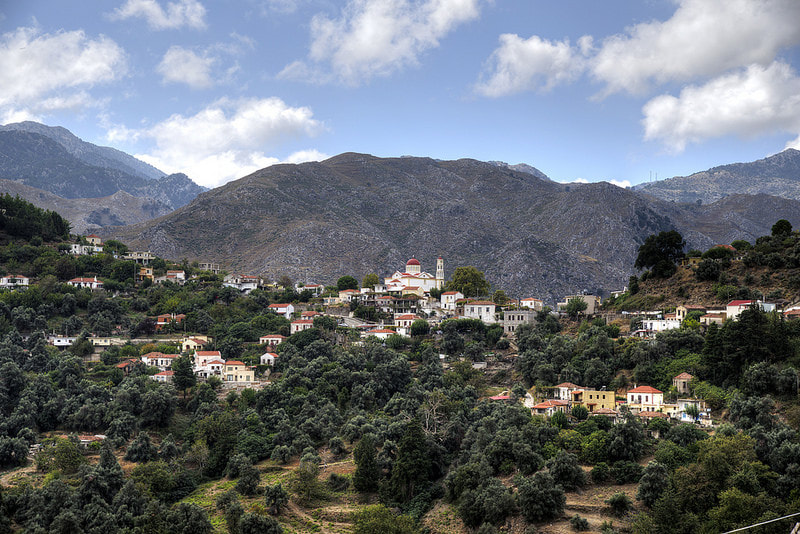
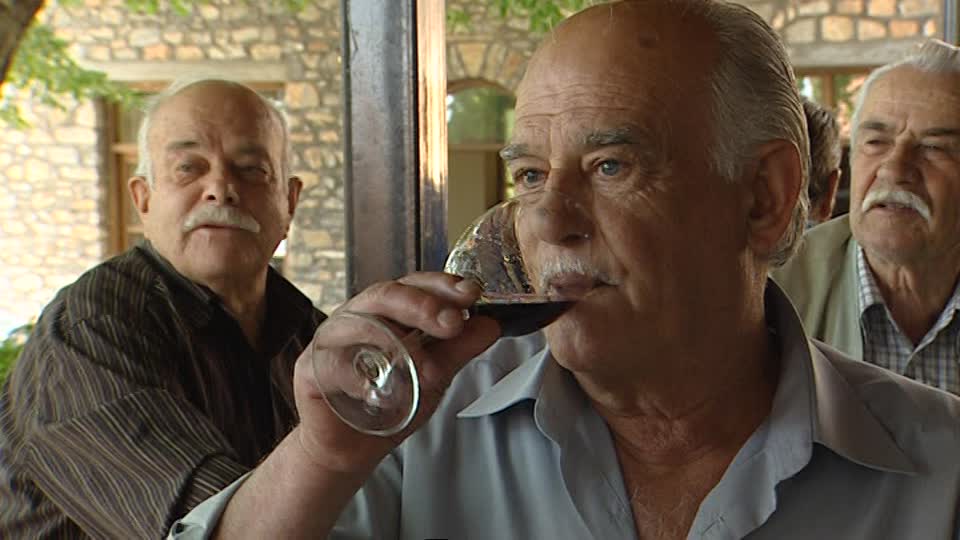
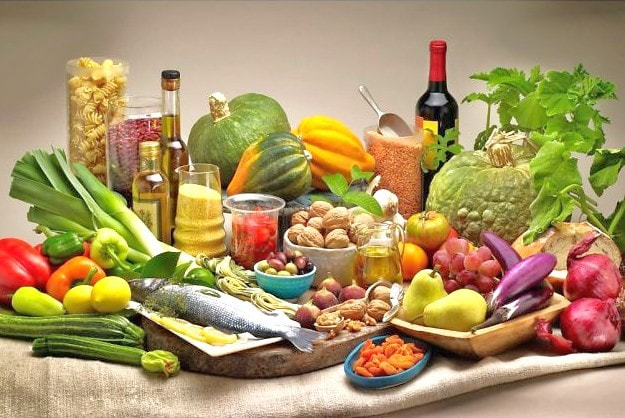
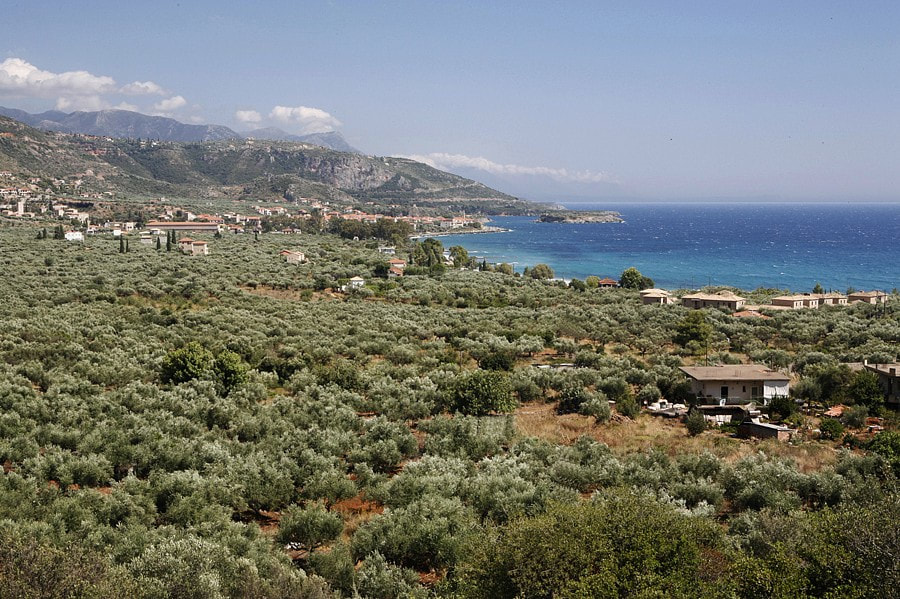
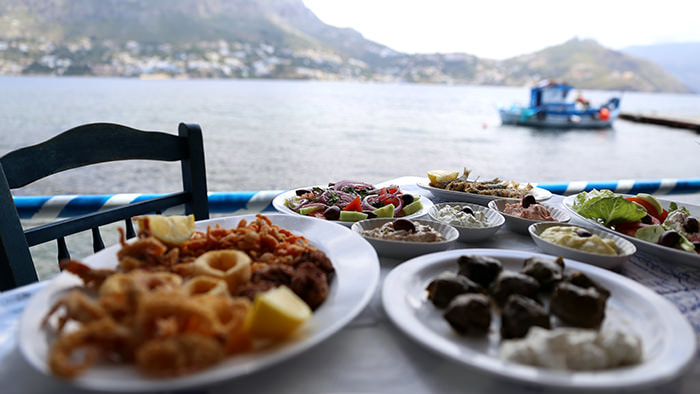
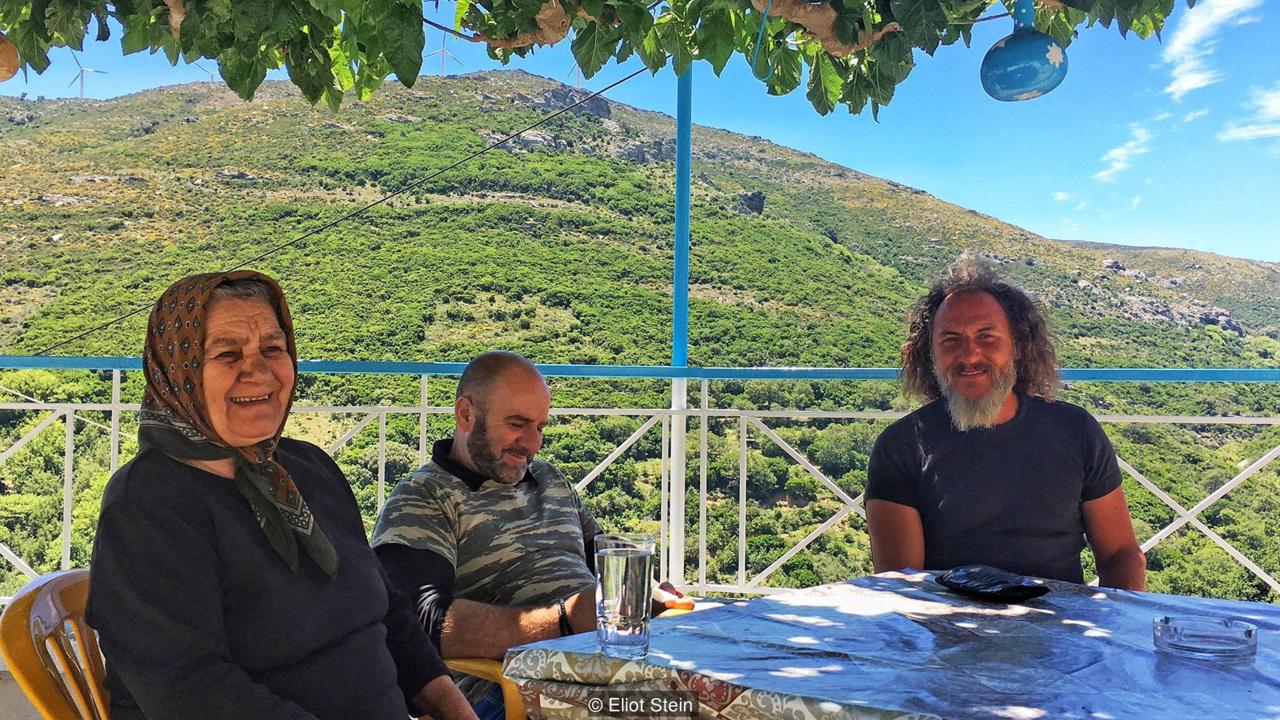
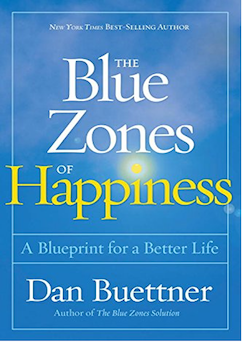
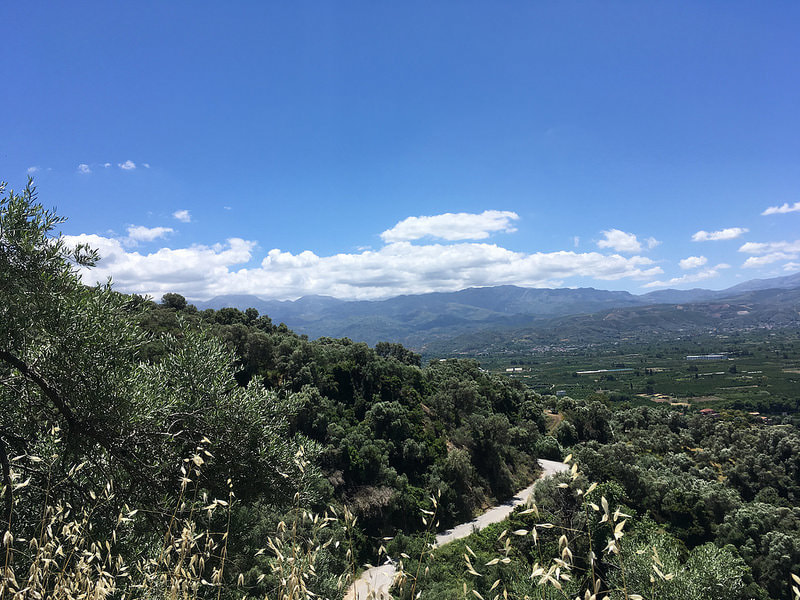
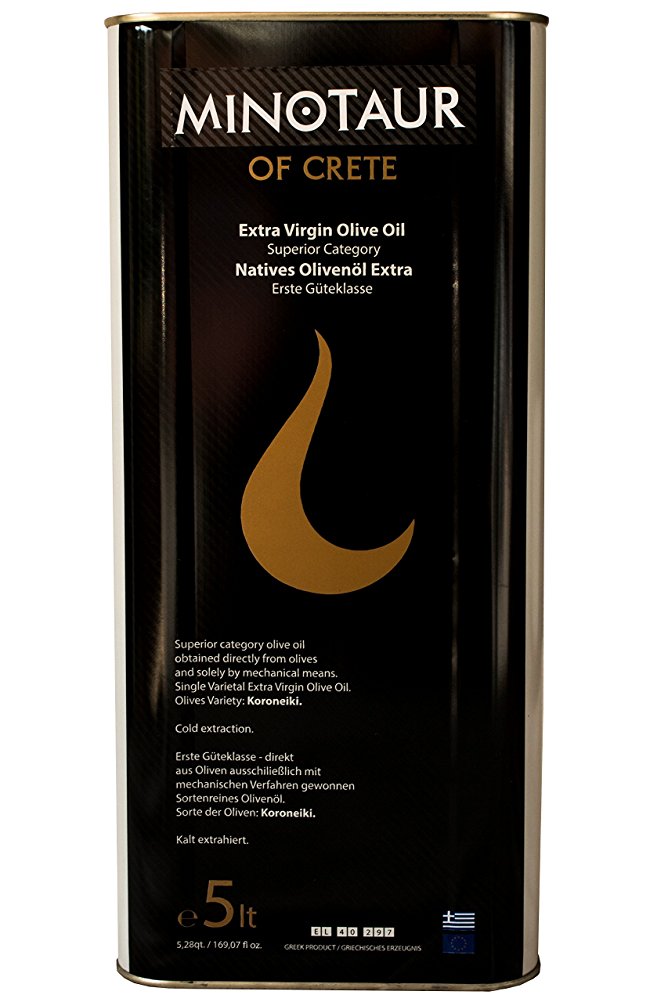
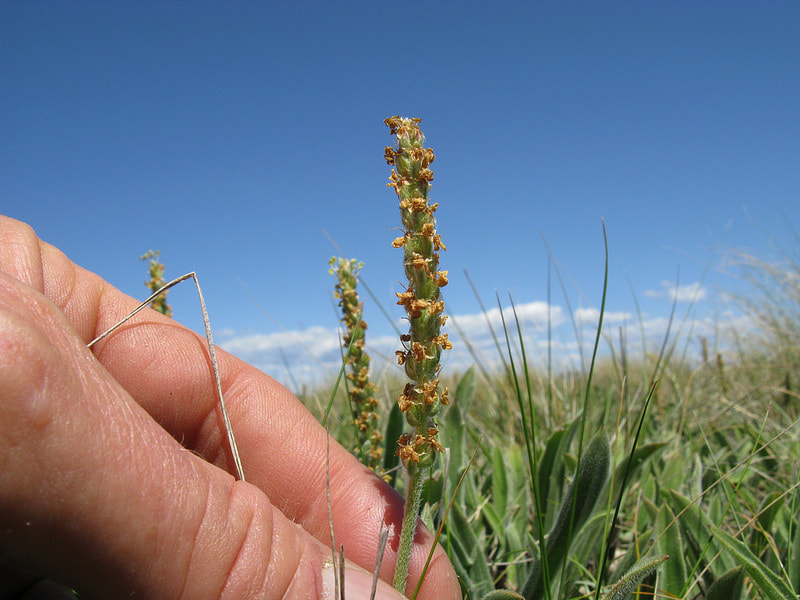
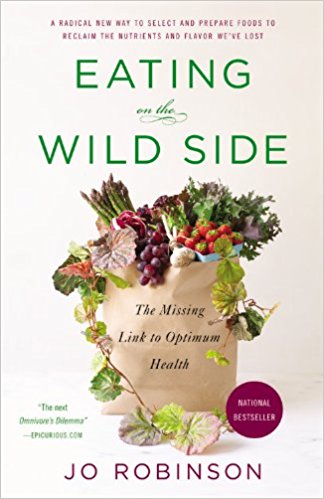
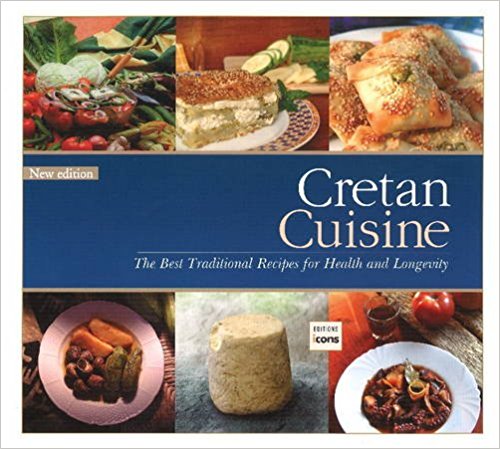

 RSS Feed
RSS Feed
